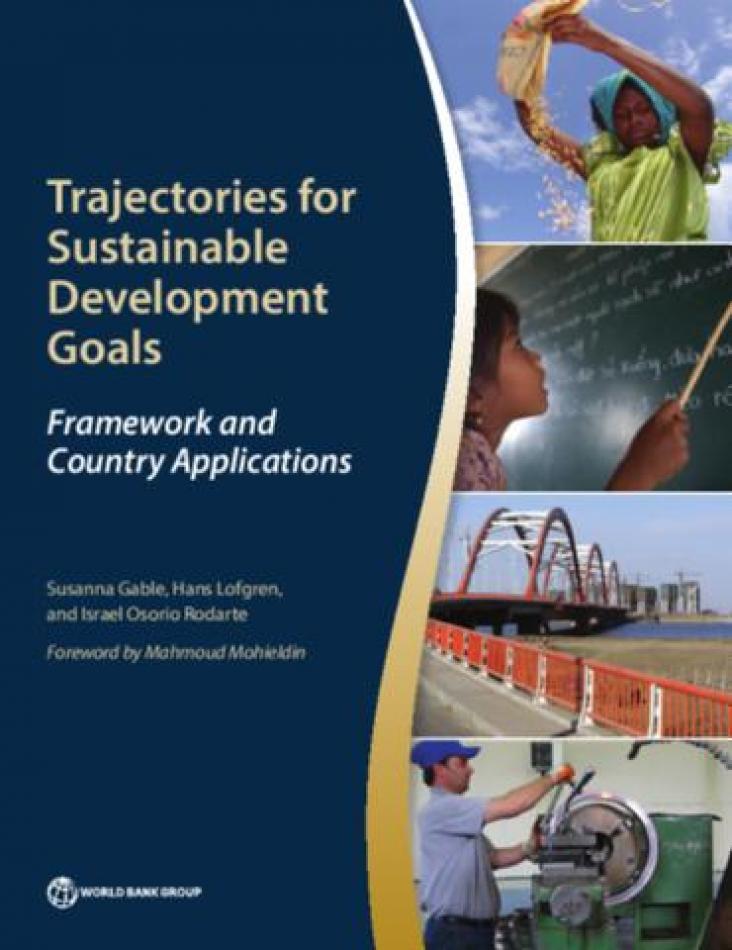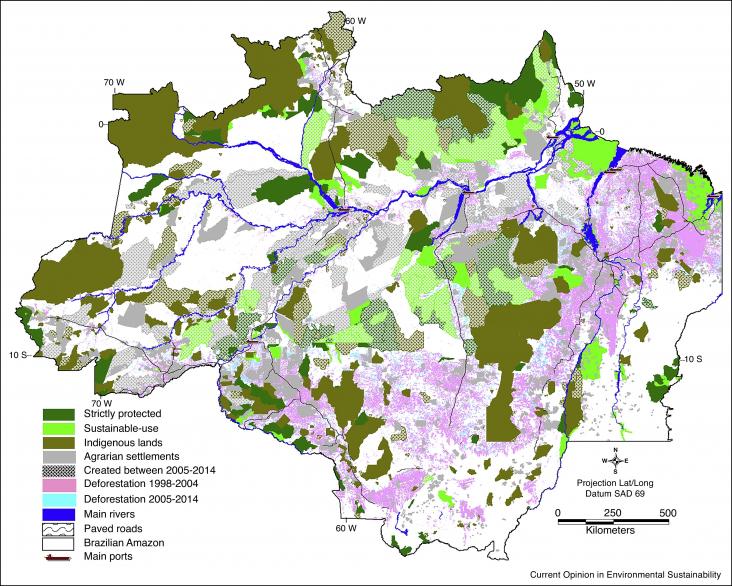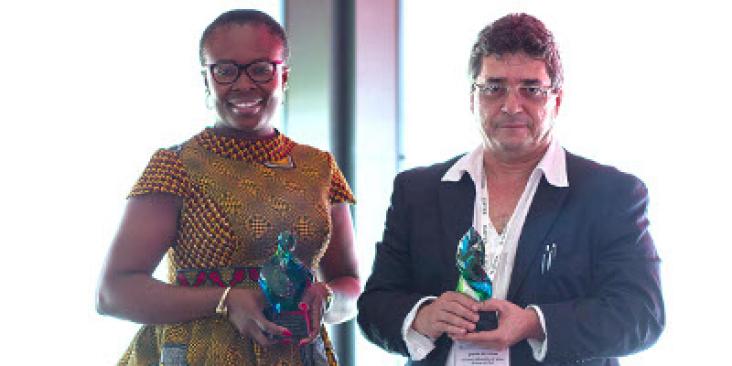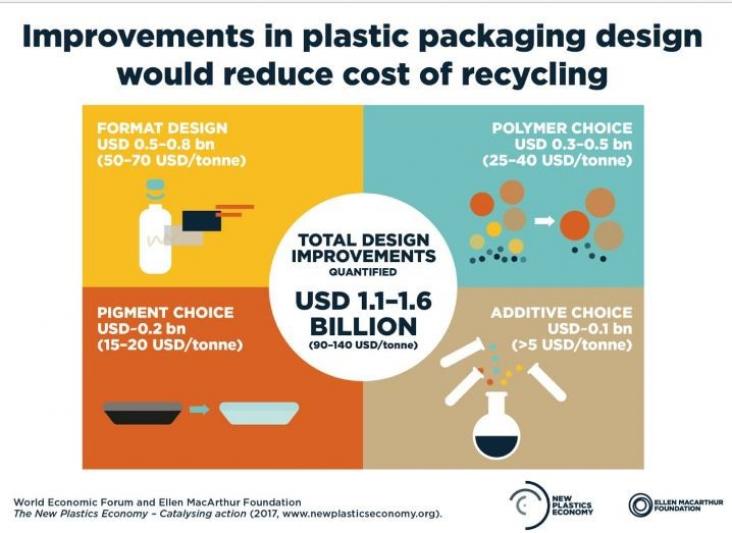
This book presents the country development diagnostics post-2015 framework, developed by the World Bank Group to assess the country-level implications of the post-2015 global agenda, as well as brief, ‘at-a-glance’ applications of the framework to ten countries: Ethiopia, Jamaica, the Kyrgyz Republic, Liberia, Nigeria, Pakistan, Peru, the Philippines, Senegal, and Uganda.
Accountability and adaptive management of recent global agreements such as the Sustainable Development Goals and Paris Climate Agreement, will in part rely on the ability to track progress toward the

The Brazilian Amazon is being affected by the new worldwide geopolitical transformation that is tending towards an integrated global economy.
The paper contributes to the literature on gender gap in research investigating whether there is a gender gap in research evaluation.

At the heart of Responsible Tourism are commitments to transparency and accountability. It is a process of addressing the sustainability issues which arise in a particular place and which the business can do something about, materiality matters. But it is not enough to focus only on the process, it is important to report the achievement. This blog explores reporting frameworks, rating initiatives, certification, recognition and showcases best practice.
Smart cities use data and technology to drive energy efficiency and are on the increase. The advantages of integrating energy efficient technologies into building planning and urban modelling are understood, but what are the risks? This article considers the threat of cyber crime on smart cities and the technology that these cities rely on, drawing out the links between SDG 7 and SDG 9. On the one hand, smart cities support the need for open data whilst on the other hand increased protection and security of that data will be required to avoid the threat of cyber attacks.
This paper analyzes the impact of data gap in Millennium Development Goals’ (MDGs) performance indicators on actual performance success of MDGs.

"The Elsevier Foundation is encouraging innovation and enhancing scientific research through its Green and Sustainable Chemistry Challenge. This open competition aims to encourage green and sustainable chemistry solutions to tackle some of the biggest sustainability challenges, whether in water, energy or sanitation and directly supports SDG 9 target 5 by encouraging innovation, in particular in developing countries. The winner of the 2017 Challenge is developing low-cost and sustainable insecticides with the aim of reducing mosquito-related diseases such as Dengue Fever."
Background While our previous work has shown that replacing existing vaccines with thermostable vaccines can relieve bottlenecks in vaccine supply chains and thus increase vaccine availability, the

Photos of a beach on Henderson Island in the Pacific Ocean provides yet more evidence of the detrimental impact that packaging and other plastics waste is having on the environment globally. Creating a virtuous circle out of what, until now, has largely been a chain of production from feedstock to consumer will not be easy. But it is the innovation aspect that has fired the imagination of producers, processors and corporate consumers of plastics packaging. This fits with SDG 9.4 to upgrade infrastructure and retrofit industries to make them sustainable, with increased resource-use efficiency and greater adoption of clean and environmentally sound technologies and industrial processes and SDG 7 Affordable and Clean Energy.
